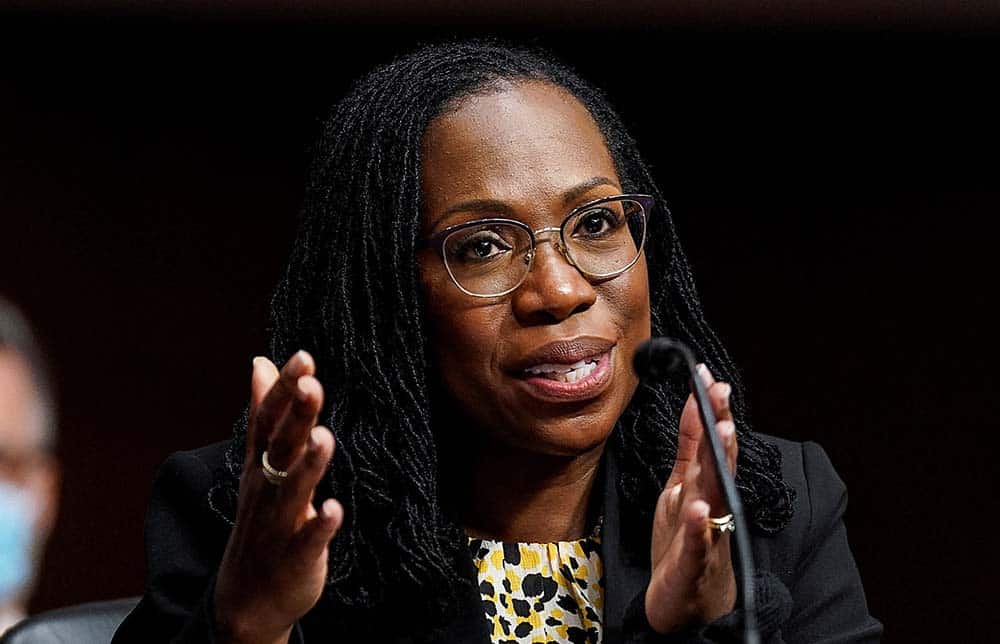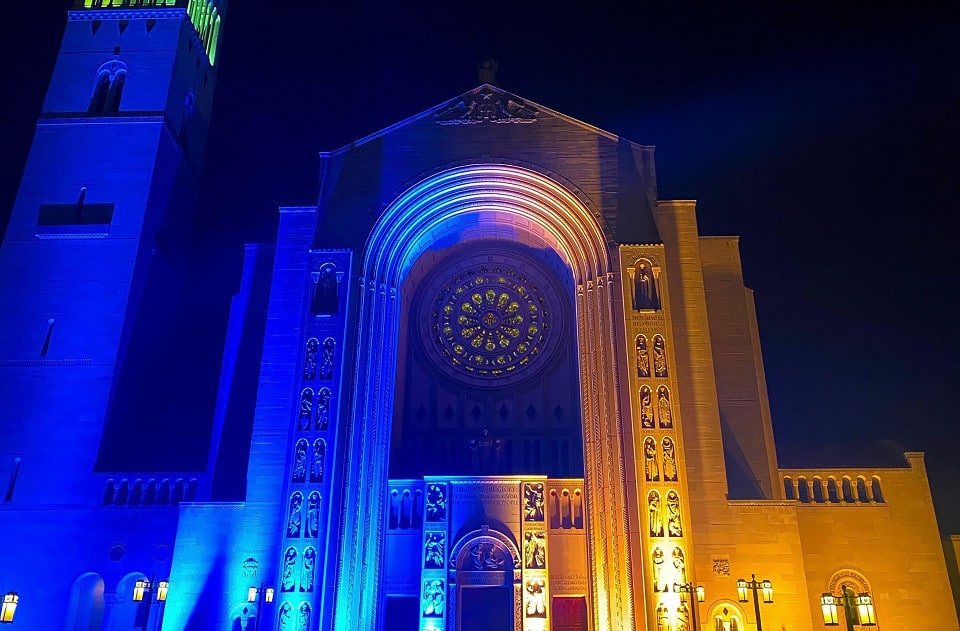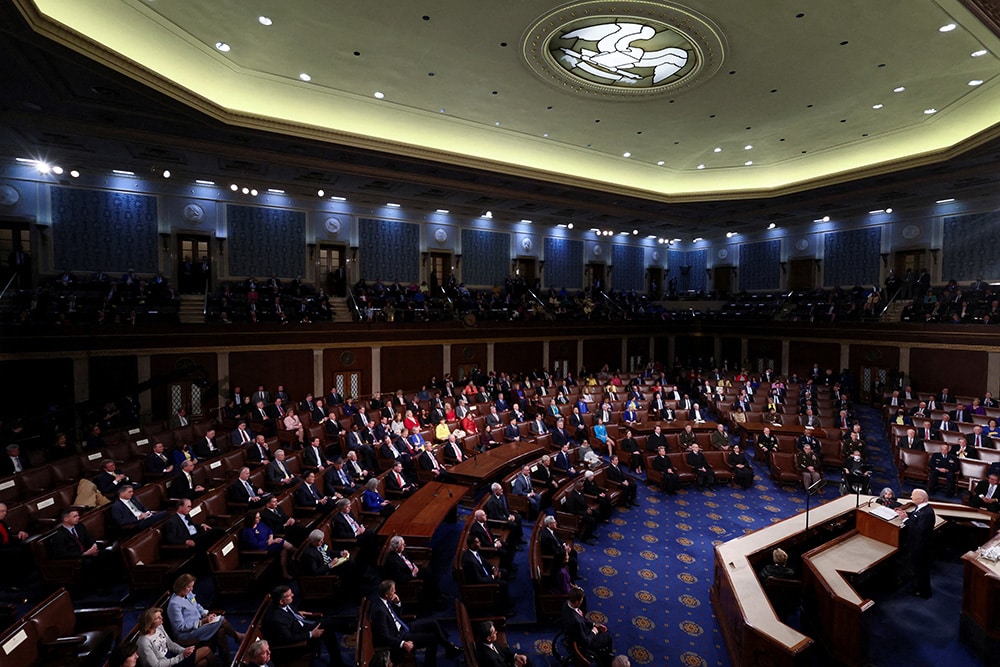In choosing Judge Ketanji Brown Jackson to succeed Justice Stephen Breyer on the Supreme Court, President Joe Biden not only fulfilled his campaign pledge to name a Black woman but pleased abortion rights and LGBTQ activists by replacing one liberal jurist with another. Jackson’s choice, accordingly, was hailed by pro-choice and gay rights groups and deplored by leaders of pro-life organizations.
Aside from the most obvious differences — gender and race — the most significant difference between Breyer and Jackson is age. He is 83 and she, a former Breyer law clerk, is 51, making her in line to be the court’s second youngest member next to Justice Amy Coney Barret, who is 50.
Breyer will formally retire when the court’s current term ends in late June, and, if confirmed by then, Jackson will immediately succeed him. Barring the unexpected, she is a good bet to remain on the court for the next quarter century or more.
The Senate Judiciary Committee will begin confirmation hearings in late March, with a full Senate confirmation vote in April or May. Just last June, Jackson received 53 votes — including three by Republicans — to join the high-visibility U.S. Court of Appeals for the Washington, D.C., Circuit.
On the Supreme Court, she will be part of a three-justice liberal minority composed of herself and Justices Elena Kagan and Sonia Sotomayor. The six other justices, generally described as conservatives, are Chief Justice John Roberts and Justices Clarence Thomas, Samuel Alito, Neil Gorsuch, Brett Kavanaugh and Barrett.
Born in Washington, D.C., Jackson grew up in Florida. She attended Harvard University and Harvard Law School, graduating in 1996. She worked for several law firms and served for two years as a federal public defender before President Barack Obama named her a federal district judge in 2013. She is married and has two children.
By the time she joins the Supreme Court, the court’s decision in Dobbs v. Jackson Women’s Health Organization will have been announced. The outcome in that closely watched case, involving a Mississippi law banning virtually all abortions after the 15th week of pregnancy, is widely expected either to overturn Roe v. Wade, the 1973 ruling that legalized abortion, or at least to permit meaningful state restrictions on the practice.
Either way, the court will face a wave of new cases involving new state enactments, with Jackson casting one of the court’s nine votes.
The pro-abortion group NARAL Pro-Choice America hailed her nomination, citing her “demonstrated record of defending” abortion rights. That includes co-authoring a brief supporting NARAL in a case that involved a Massachusetts law establishing a “buffer zone” around abortion clinics to keep pro-life protesters at a distance.
The Human Rights Campaign, the nation’s largest LGBTQ rights group, also declared support, saying it was “clear” from her record that the nominee would rule to its liking.
Pro-life groups were uniformly opposed. Jeanne Mancini, president of the March for Life Education and Defense Fund, said Jackson would be “a reliable vote for the far left and the Biden administration’s abortion agenda.” Some went so far as to suggest the Senate delay a confirmation vote until after the November elections — something the Democrats who control the Senate are hardly likely to allow.
At the ceremony in which Biden announced her nomination, Jackson thanked God “for delivering me to this point in my professional career.” And she added, “One can only come this far by faith.” If we take her at her word — as we must — there might be hope for her yet.
Russell Shaw is a contributing editor for Our Sunday Visitor.







